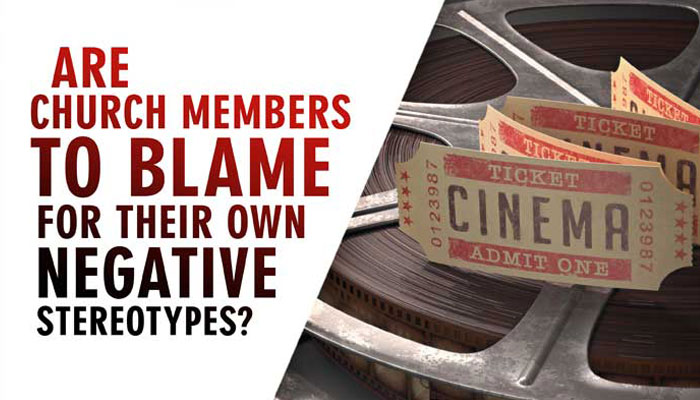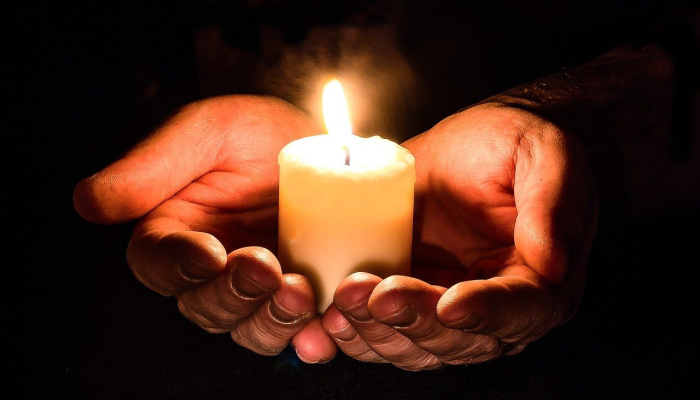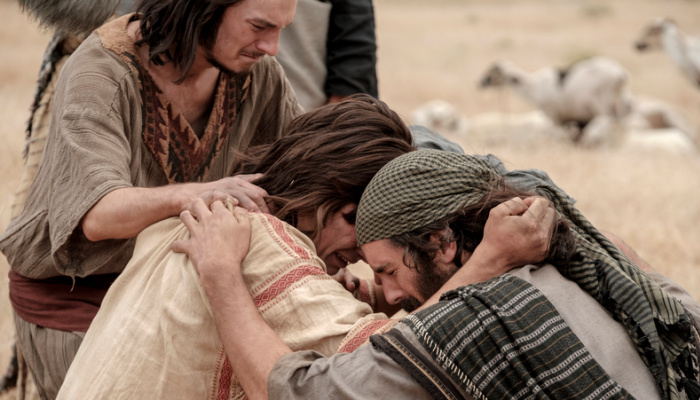
Are Church Members To Blame For Their Own Negative Stereotypes? Part I
As members of The Church of Jesus Christ of Latter-day Saints, it’s time to start asking ourselves some honest questions about why the world sees us the way it does. Whether it be in face-to-face interactions or through what we see on television, all of us have had to face preconceived “Mormon stereotypes.” But why do they exist?
Are members of the Church actually responsible for the way we are negatively perceived by the world? When it comes to how we present ourselves to the public, do we allow some aspects of “church culture” to overshadow our real doctrinal beliefs?
To answer these questions, we have to be honest about what the most common stereotypes are and why they seem to be so persistent. While not all stereotypes are equal, here is a list of some of the most common stereotypes that members of the church face:
- The Naive Innocent
- The Prude Elitist
- The Religious Fanatic
- The Fake Christians
*Note: The obvious stereotype missing on this list is The Polygamist, but it’s too big a topic to cover for this article alone. Stay tuned for part 2.*
The Naive Innocent Stereotype
This common stereotype can most notably be seen in characters like Suzie Bingham in Stranger Things. While they generally serve as supporting characters, they’re often used as a form of “comedic relief” in that how they live is mocked for being on the outer fringes of normality. Often, they’re set up to look ridiculous both in comparison to the main characters and in the eyes of the audience.
What usually happens is that it becomes a goal on the part of the main character to “corrupt” this naive Mormon by either pushing them to do something that breaks their own personal rules or to put them into a sexually compromising position. Often, all this is done so that the main characters can feel better about themselves at the expense of someone else. But all of it is ok because “that Mormon was weird anyway.”
In our opinion, The Naive Innocent stereotype is undeserved. Church members aren’t sheltered humans oblivious to the dark side of life. We’re people just like everyone else. We would challenge mainstream Hollywood to stop picking out “Mormons” as the butt of their jokes because they’re easy targets and start giving members of the Church a little more dignity than this stereotype allows.
The Prude Elitist Stereotype
Speaking of compromising sexuality, The Prude Elitist stereotype is a portrayal that has its roots in culture rather than doctrine. This stereotype is embodied by characters like June from the Lindsay Lohan movie Georgia Rule. June and her friends repeatedly look down on Rachel (Lindsay Lohan) because of her sexual history and even go so far as to attempt to bully Rachel out of town for it.
This type of character usually serves as the obstacle to be overcome for a main character and the audience is conditioned to cheer on the main character when the prude is confronted. This stereotype exists because of the known LDS belief in no sex before marriage. Many other faiths preach the same doctrine, but it’s the tendency of members of the church to look down on others who don’t practice that same belief that gave rise to this particular stereotype. In essence, shame culture within the church has fostered The Prude Elitist stereotype’s persistence and much of the blame rests on our shoulders as a community.
Because a man didn’t serve a mission doesn’t mean he is automatically disqualified from being a potential husband. Because there’s a divorced woman in your ward, it doesn’t mean she is damaged goods who has lost her chance at being truly happy. The Prude Elitist stereotype will always be around for as long as members of the church continue to behave in a way that makes it true.
The Religious Fanatic Stereotype
The Religious Fanatic stereotype isn’t anything new to Hollywood. Usually wherever there’s a group of teens who just want to have fun, there’s usually a fanatical town preacher who is trying to put a stop to it (Rev. Moore from Footloose, Pastor Jeff in Young Sheldon, etc.) But when it comes to members of the Church, The Religious Fanatic stereotype is applied in a different, and often darker way. What makes it even worse is that Hollywood seems to always find real individuals who represent the “bad apples” of the church. Thus entrenching the impression that all of our members and leaders must really be like that.
Enter Ron Lafferty from Hulu’s Under the Banner of Heaven. Nevermind the fact that in real life he was excommunicated from the church because of his fanaticism and abusive behavior. Because Ron Lafferty was a former bishop in the church, that gave Hulu the license to portray his crimes as being motivated by church teachings and discard his actual motivation…that he was just a crazy person. But just another crazy person murder story wasn’t juicy enough for Hulu. In their opinion, it made a much better story if they could make Ron Lafferty the poster child for what dedication to the Church of Jesus Christ of Latter-day Saints (and religion in general) was capable of producing.
Is The Religious Fanatic stereotype justified? Partially yes. Partially no. It’s on us as a church to teach our members to always model their behavior after the Savior. It’s on Hollywood producers to stop just looking for the bad apples and be fair about the good things our church does for the world.
The Fake Christian Stereotype
It’s hard to find a member of the Church who hasn’t run into this stereotype before. Despite the fact that Jesus Christ is contained within our church’s name and the fact that the subtitle to the Book of Mormon is “Another Testament of Jesus Christ,” somehow the perception that we are not “real Christians” has taken firm root in the minds of the world. This stereotype isn’t necessarily one that is portrayed by characters in mainstream movies or television. Unfortunately, the more common medium for the portrayal of this stereotype is the pulpit of the leaders of other Christian faiths. The fake Christian stereotype is the one that cuts the deepest for us.
The root of this stereotype comes from two primary places: 1) our belief in modern day prophets and 2) our belief that God the Father, Jesus Christ and the Holy Ghost are three separate, distinct beings and not a holy trinity in the form of a single being. We could defend those beliefs until we are blue in the face but for those who are bound and determined to label us as fake Christians, it would do no good. Our response to this stereotype shouldn’t be to pick fights but to continue to live the teachings of Jesus in the best way we can, and give respect to those of other faiths even when they refuse to give it to us.
One of the harsh realities of this stereotype is that there is a massive amount of information and content out there designed to enforce it and not nearly enough content designed to stand against it. What we have to do as members of the Church is live up to the mission declared in 2 Nephi 25:26. We must talk of Christ, rejoice in Christ, preach of Christ, prophesy of Christ and write of Christ. However, an unfortunate side effect to this long lasting and painful stereotype is the fear of being unfairly labeled as a “fake Christian” has caused many members to shy away from acting on Nephi’s declaration.
What we’ve done here at Third Hour is provide an easy to implement tool that will allow you to join in our mission to dismantle that stereotype once and for all. By downloading our “Christian Because… “ Stories Pack and joining the “Christian Because…” Challenge, you’ll get 7 Instagram stories to post over 7 days that will help you complete the statement “I’m a Christian because…” and join with other Christians around the world in one, unified voice of faith.
Click the link below to download the “Christian Because… “ Stories Pack and add your voice to our mission.









